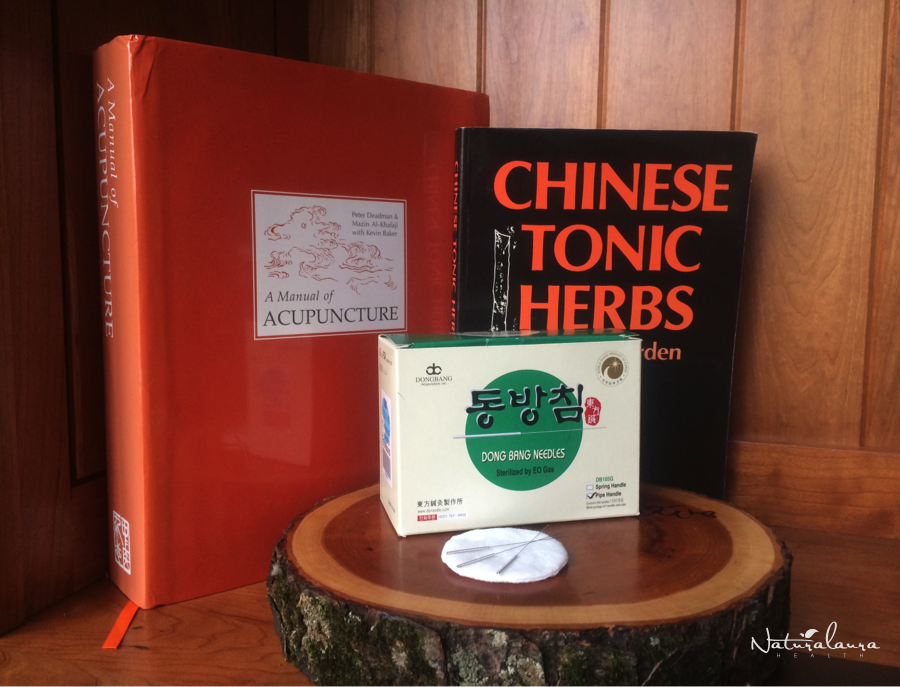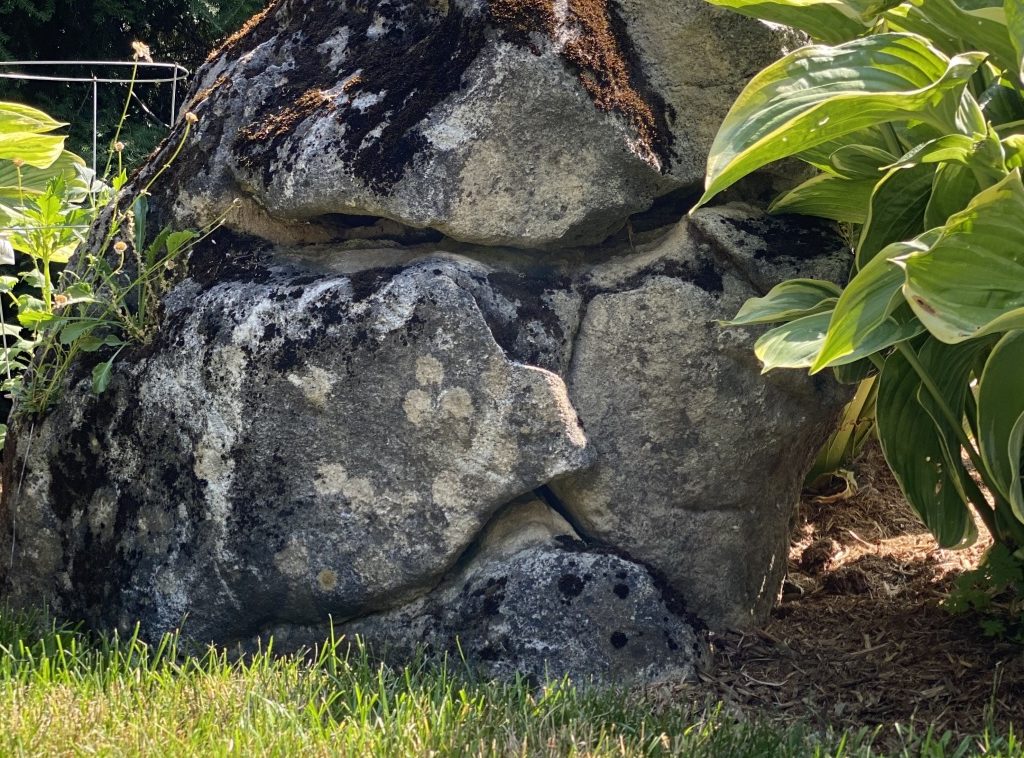Seasonal Allergies?
Seasonal allergies, allergic rhinitis (AR) or hay fever, is inflammation inside the nose stimulated by pollen from trees, grass or weeds. Up to forty percent of the global population is affected.
Symptoms include itchy, red, watery eyes and nose, scratchy throat, sneezing and swelling of tissues. Nasal congestion is the hallmark of the allergic response. In more than eighty percent of people with seasonal allergies breathing is affected, especially during sleep. This leads to decreased productivity and increased daytime sleepiness. Twenty five percent of adults and forty-five percent of children report they are unable to sleep or are awakened during the night because of nasal allergy symptoms.
Despite the many prescription drugs available for seasonal allergy treatment, there remains room for improvement in the quality of life, frequency and duration of allergy symptoms.
Here we start with 5 natural approaches to reduce seasonal allergy response.
- Calm stress
- Gut Health
- Acupuncture
- Wet Socks
- Vitamins and minerals
Calm Stress
It goes without saying that stress makes everything worse. Allergies not excepted. Stress can alter states of mucus production via the vagus nerve. Cold therapy and bitter herbs can stimulate the vagal nerve. So will things that are relaxing like sound and vibrational healing, acupuncture, meditation, forest bathing, breath work, yoga, Qi Gong, Tai Chi, creative activities and laughter..
Gut Health
Short chain fatty acids ( SCFAs), or “postbiotics” so termed in CBC radios recent post, are the large intestine bacterial by-products of dietary fibre fermentation. The balance of SCFAs, namely acetate, propionate, and butyrate, provide critical anti-inflammatory mediators in airways. Interesting to note, when children at one year of age have higher levels of the SCFAs butyrate and propionate, they are significantly less likely to have allergies and less likely to develop asthma at three to six years of age.
Although administration of probiotics and fermentable fibre (prebiotics) do not eliminate allergies, they may help balance the production of SCFA’s and reduce the incidence and duration of allergy symptoms.
Dietary sources of probiotics include coconut or milk kefir, unpasteurized sauerkraut, kimchi and yogurt. Dietary sources of prebiotics include fibrous vegetables, onion, garlic, globe artichoke, banana, asparagus, flax, psyllium, dandelion root, and burdock root.
Acupuncture
Naturopathic doctors and licensed acupuncturists are regulated to perform safe modes of acupuncture that can reduce nasal inflammation.

Wet Socks
Wet socks and other hydrotherapy “tricks” help move upper respiratory congestion, boost immunity and ease sleep. Here’s how you do it: Get a thin pair cotton socks wet in very cold running water. Ring out. Bring them to bed with you. Sit on the side of your bed, pull the wet cotton socks on. Yes, this feels weird. Just go with it. It’s free after all! Slide under the covers and say good night. A circulation pump will pull the congestion out of your head as the body warms the feet and dries the socks. The socks will be dry in 4-6 hours. Repeat as needed.
Vitamins and minerals
There are numerous ways vitamins and minerals contribute to airway health and modify the immune response. Vitamin A helps the mucous membranes cells regenerate. Vitamin C, magnesium and medically supervised high doses of some B vitamins can help act as an anti-histamine. Vitamin D keeps the mucous membranes intact. Vitamin K reduces inflammation and zinc helps balance mucus production.
All of the above suggestions need to be dosed appropriately so please consult your health care provider as this article does not intend to provide individual medical advice.
References:
Bando, H., Nishio, T., van der Horst, G. T., Masubuchi, S., Hisa, Y., & Okamura, H. (2007). Vagal regulation of respiratory clocks in mice. The Journal of neuroscience : the official journal of the Society for Neuroscience, 27(16), 4359–4365. https://doi.org/10.1523/JNEUROSCI.4131-06.2007
https://www.jacionline.org/article/S0091-6749(20)30037-3/fulltext accessed Feb 10, 2022
European archives of oto-rhino-laryngology : official journal of the European Federation of Oto-Rhino-Laryngological Societies (EUFOS) : affiliated with the German Society for Oto-Rhino-Laryngology – Head and Neck Surgery, 1–11. Advance online publication. https://doi.org/10.1007/s00405-022-07335-5
Gellrich, D., Pfab, F., Ortiz, M., Binting, S., Brinkhaus, B., & Gröger, M. (2022). Acupuncture and its effect on cytokine and chemokine profiles in seasonal allergic rhinitis: a preliminary three-armed, randomized, controlled trial.
Huang, J., Zhang, J., Wang, X., Jin, Z., Zhang, P., Su, H., & Sun, X. (2022). Effect of Probiotics on Respiratory Tract Allergic Disease and Gut Microbiota. Frontiers in nutrition, 9, 821900. https://doi.org/10.3389/fnut.2022.821900




